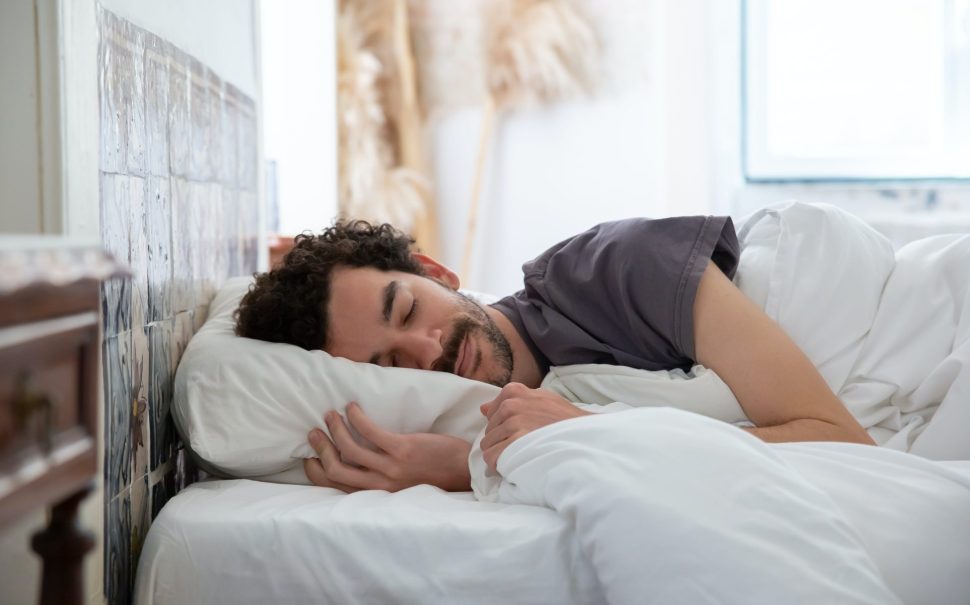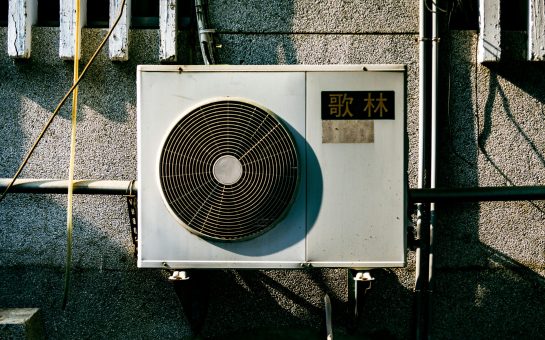Sleep and meditation app Calm has found that 88% of people living in London consider themselves to be tired.
The Snooze Report was published ahead of last year’s Daylight Savings Time, where reportedly two in three people’s sleep schedules become disrupted.
The study, designed to investigate the underlying causes behind sleep challenges people face, also found that 34% of London’s adults find it easier to fall asleep when they are not sleeping in their own bed.
Analysing this particular statistic, independent sleep expert Dr Neil Stanley said: “We sleep well when we feel safe, secure and comfortable, and it can be that people don’t carry the stress of their own lives as much when they are in a different sleeping environment.
“One of the questions you ask people as a sleep expert is how do you sleep when you go on holiday, and the majority of the time they say that they don’t have any problems, so it’s often more of a life issue than a sleep one.”
Stanley felt this is especially the case living in London, where the buzzy, 24/7 nature of the city makes it very difficult for people to completely switch off.
Calm’s report covers 10 major cities in the UK and concentrates predominantly on Gen-Z and millennials in terms of the age demographic of people surveyed.
The results were damning in some locations: 65% of Leeds’ Gen-Z population oversleep at least once a week, while a third of the equivalent group in Manchester play video games as part of their bedtime routine.

Another interesting stat is that 10% of Gen-Z sleep with a snack, with Stanley claiming this could be another disruptive element.
He said: “The science is clear, in that your body does not want to be doing work at night – if it is having to digest food and burn off calories, then this is the opposite of the rest it should be getting.”
A spokesperson for Calm said: “Our Sleep Study shines a light not just on the pervasiveness of sleep challenges, but the various forms it can take and the profound connection between sleep and mental health.
“Establishing a soothing bedtime routine and reducing screen time before bed are two easy steps to improve sleep quality, but learning how to manage stress through mindfulness techniques can have a lasting impact.
“Sleep is the cornerstone of good mental health, and Calm is here to guide you on this journey.”





